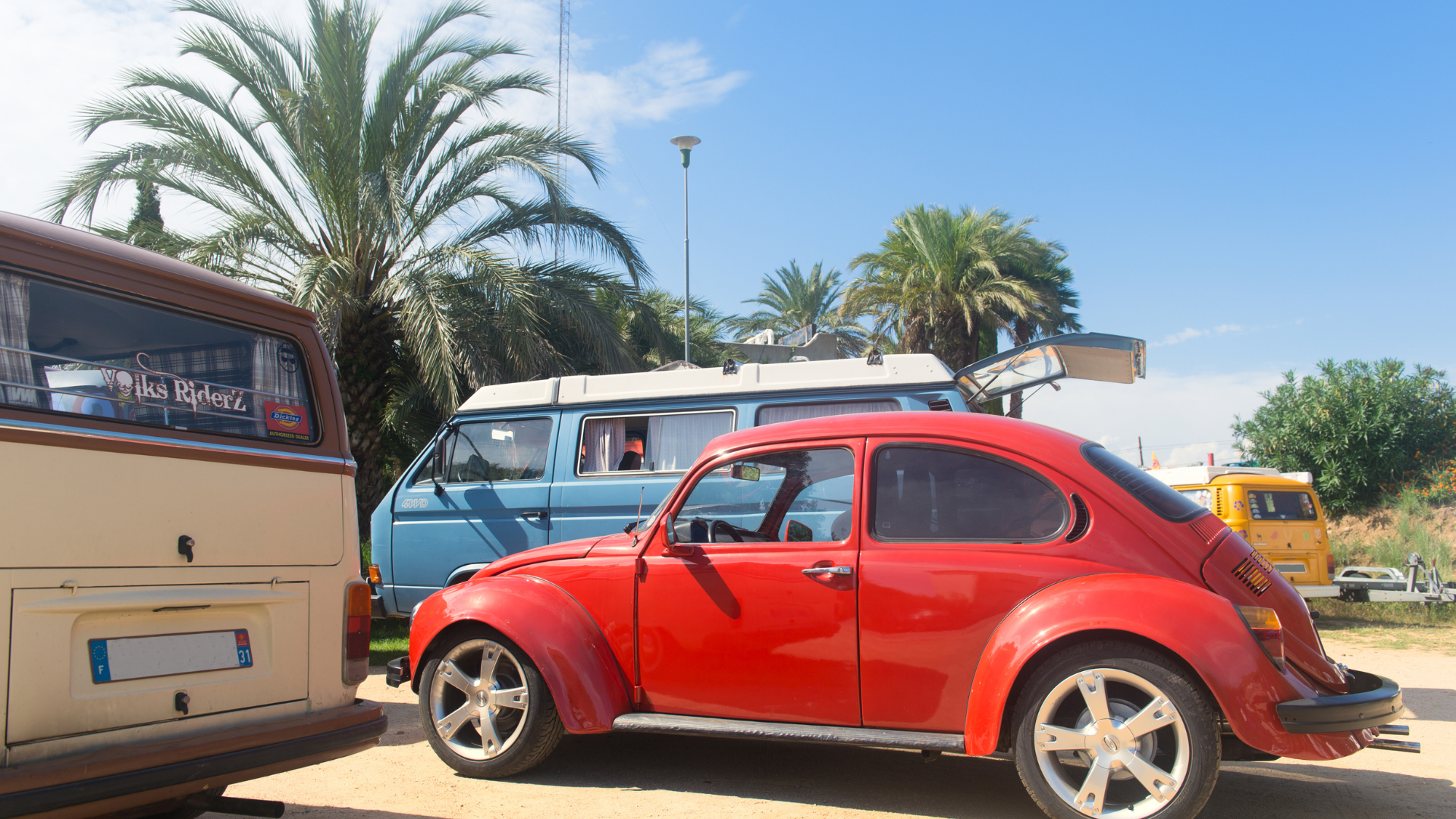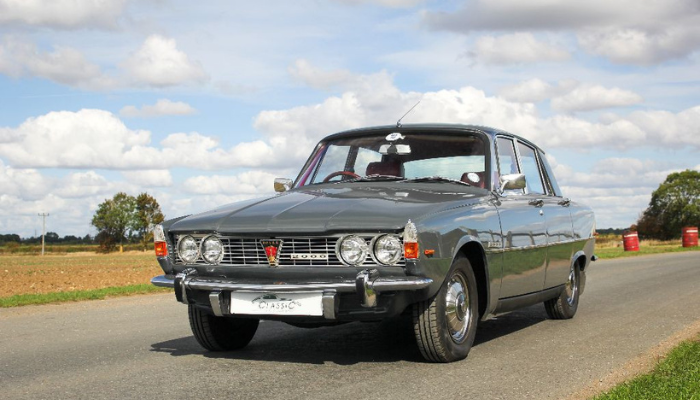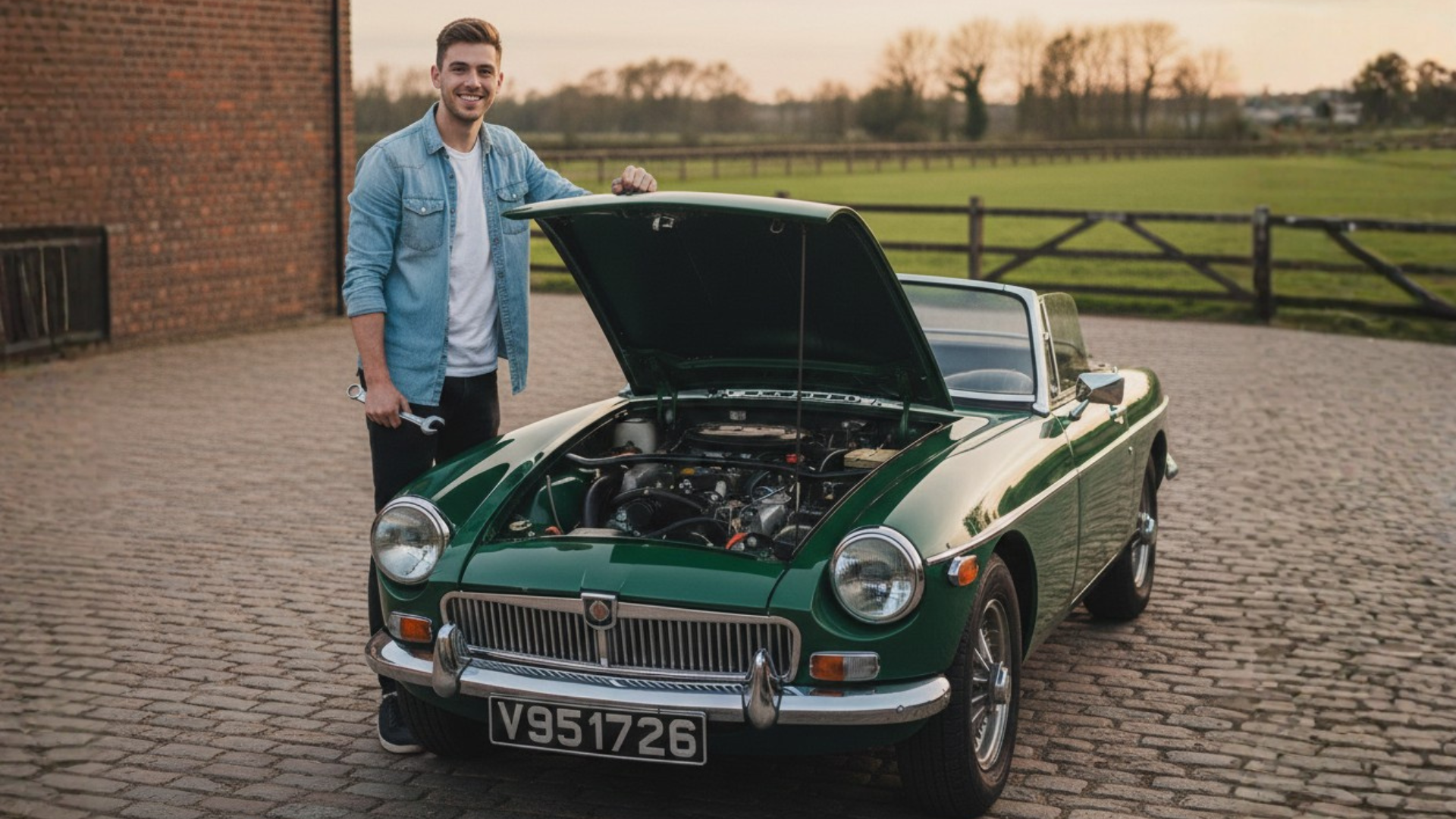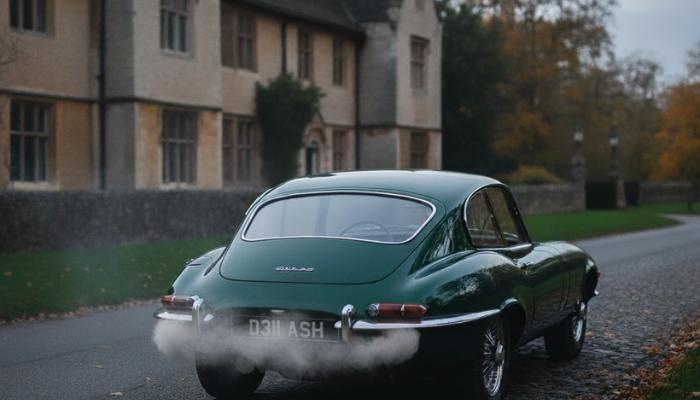Navigating the world of insurance can be a daunting task, particularly when it involves the treasures of your life – your classic car or motorhome. Finding the right coverage that ensures both are well-protected yet don’t burn a hole in your pocket is vital. This blog post will guide you through understanding classic car and motorhome insurance, how to select the right insurance, and what factors may influence your premiums in the UK.
Understanding the Basics: What is Classic Car and Motorhome Insurance?
Classic car and motorhome insurance are specialised types of coverage designed to meet the unique needs of these vehicles and their owners. Classic car insurance typically caters to vehicles that are over a certain age, often 25 years or older and are driven less frequently than regular cars. On the other hand, motorhome insurance is specifically designed to cover the risks associated with motorhomes, including the contents within, the possibility of living in the vehicle, and the potential for longer trips.
Unlike regular auto insurance, classic car and motorhome insurance policies often come with agreed-value coverage. This means the insurance company will pay you a pre-agreed amount in the event of a total loss, rather than a depreciated value, which is common with standard policies. This is particularly important for classic car owners, as these vehicles can appreciate over time.
Criteria for Choosing Classic Car Insurance: What to Look for
When it comes to choosing classic car insurance, it’s important to find a policy that recognises the unique characteristics and value of your car. Look for an insurer that has expertise in classic cars and can provide an accurate valuation. They should also understand that classic cars are often driven less frequently and stored more securely than regular cars.
A good classic car insurance policy should offer agreed value coverage, rather than standard actual cash value coverage. This means that you and your insurer agree on your car’s value when you take out the policy. In the event of a total loss, you’ll receive this agreed amount, rather than a depreciated value. Other factors to consider include the level of coverage, the deductible, and whether the policy includes coverage for restoration work.
Selecting Motorhome Insurance: Key Factors to Consider
Motorhome insurance should provide comprehensive protection, considering the dual nature of these vehicles as both a mode of transport and a home. Look for a policy that includes liability, collision, and comprehensive coverage, similar to what you would want for a car insurance policy. However, motorhome insurance should also provide protection similar to what homeowners insurance offers.
Check if the policy covers personal belongings inside the motorhome, offers protection against damage from natural disasters, and provides coverage if you’re living in the vehicle full-time. Coverage for emergency expenses can be vital, too – if your motorhome becomes uninhabitable due to a covered loss while you’re travelling, this can help cover hotel costs and transportation.
Insurance Companies Specialising in Classic Cars and Motorhomes in the UK
There are several insurance companies in the UK that specialise in insuring classic cars and motorhomes. These companies typically have a better understanding of the unique needs of classic car and motorhome owners. Some renowned names in the sector include Adrian Flux, Lancaster Insurance, and Caravan Guard. It’s recommended to get quotes from several companies and compare the coverages they offer before making a decision.
Cost of Classic Car and Motorhome Insurance: Factors Influencing Premiums
Several factors can influence the cost of your classic car and motorhome insurance premiums. For classic cars, these factors include the car’s age, make and model, its condition, and how often and for what purposes it’s driven. Your personal driving history, the car’s storage conditions, and the agreed value of the car can also impact premiums.
For motorhomes, the vehicle’s make, model, and age will impact premiums, as will its value and how you use it. Your driving history, where you store the motorhome when it’s not in use, and the level of coverage you choose can also influence costs.
Getting the Most from Your Policy: Optional Coverage for Classic Cars and Motorhomes
To get the most out of your policy, consider adding optional coverages that cater to your specific needs. For classic cars, this might include coverage for spare parts, restoration coverage, and coverage for participation in car shows. Some insurers also offer breakdown cover specifically for classic cars.
For motorhomes, consider coverage for awnings and gas bottles, breakdown cover, and European cover if you plan on travelling outside the UK. Contents insurance can also be crucial for protecting your belongings inside the motorhome.
Frequently Asked Questions: Demystifying Classic Car and Motorhome Insurance in the UK
To further simplify the complex world of classic car and motorhome insurance, we’ll address some common questions, such as the age limit for classic cars, the impact of modifications on your insurance, and how to ensure your motorhome is covered while travelling outside the UK.
1. What qualifies a car as a ‘classic’ for insurance purposes in the UK?
In the UK, there isn’t a universally accepted definition for a ‘classic’ car. Different insurers may have varying criteria. However, generally, cars over 20 or 25 years old are often considered ‘classic’. It’s always best to check with your chosen insurer to understand their specific criteria.
2. How does agreed value coverage work for classic cars?
Agreed value coverage is a feature of many classic car insurance policies. Instead of paying out the depreciated ‘market value’ of the car in the event of a total loss, agreed value coverage means the insurer will pay out a previously agreed-upon amount. This value is often determined at the outset of the policy, based on appraisals, professional evaluations, and documentation.
3. Are modifications to my classic car or motorhome covered by insurance?
Modifications can significantly affect the value and functionality of your classic car or motorhome. Most insurers will want to know about any modifications made, and depending on the nature of the changes, it may affect your premium. It’s crucial to inform your insurer about any modifications to ensure they are included in your coverage.
4. How is the cost of motorhome insurance determined?
The cost of motorhome insurance depends on several factors, including the make, model, and age of the motorhome, how it’s used (e.g., occasional trips or full-time living), where it’s stored when not in use, the owner’s driving history, and the level of coverage chosen. For a more precise quote, it’s best to contact an insurance provider directly.
5. Is my personal property inside the motorhome covered by insurance?
Many motorhome insurance policies offer coverage for personal belongings, but this can vary depending on the policy. If you carry valuable items or live in the motorhome full-time, you should consider a policy with a higher personal property coverage limit or a policy that specifically covers the types of possessions you have in the motorhome.
6. Can I drive my classic car or motorhome abroad, and will my insurance cover it?
Most classic car and motorhome insurance policies in the UK provide a certain level of coverage for trips within the EU, but the level of coverage may vary. Some insurers may require you to inform them of your travel plans beforehand or might offer additional coverage for international trips. It’s best to check with your insurance provider before planning a journey abroad.
Choosing the right insurance for your classic car and motorhome in the UK is crucial for protecting your cherished assets. It’s about understanding the nuances of these specific insurance types, knowing what to look for in a policy, and recognising how premiums are determined. By finding a policy that aligns with your needs, you can enjoy your classic car and motorhome adventures with the peace of mind that you’re adequately protected.







Leave A Comment